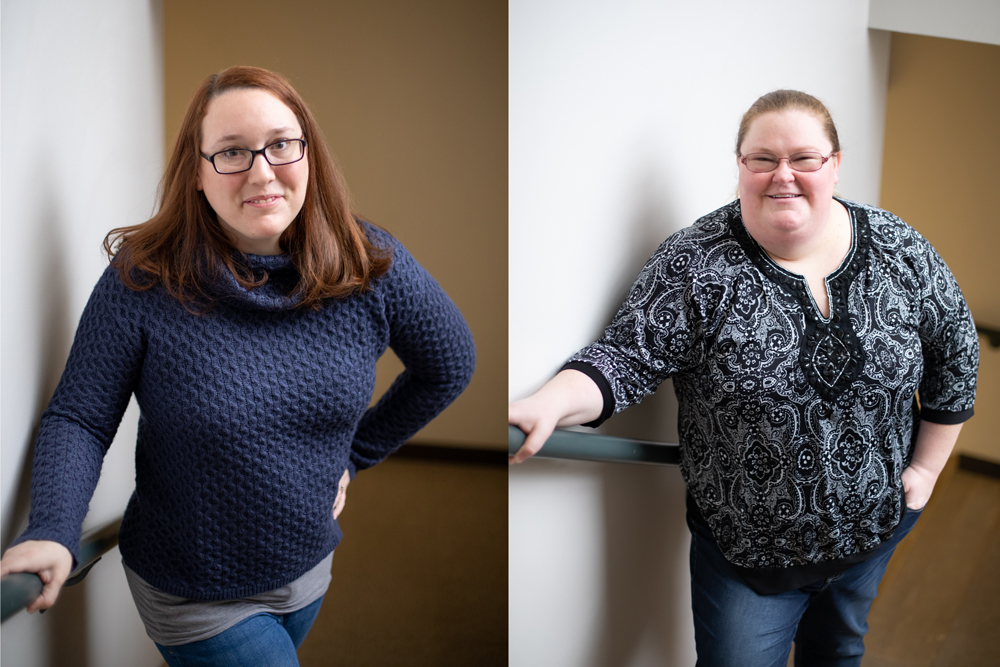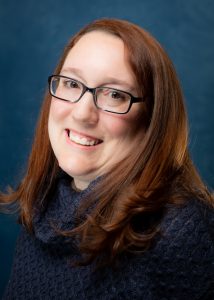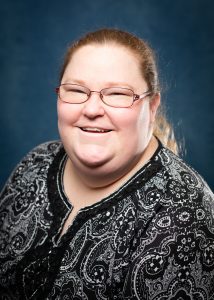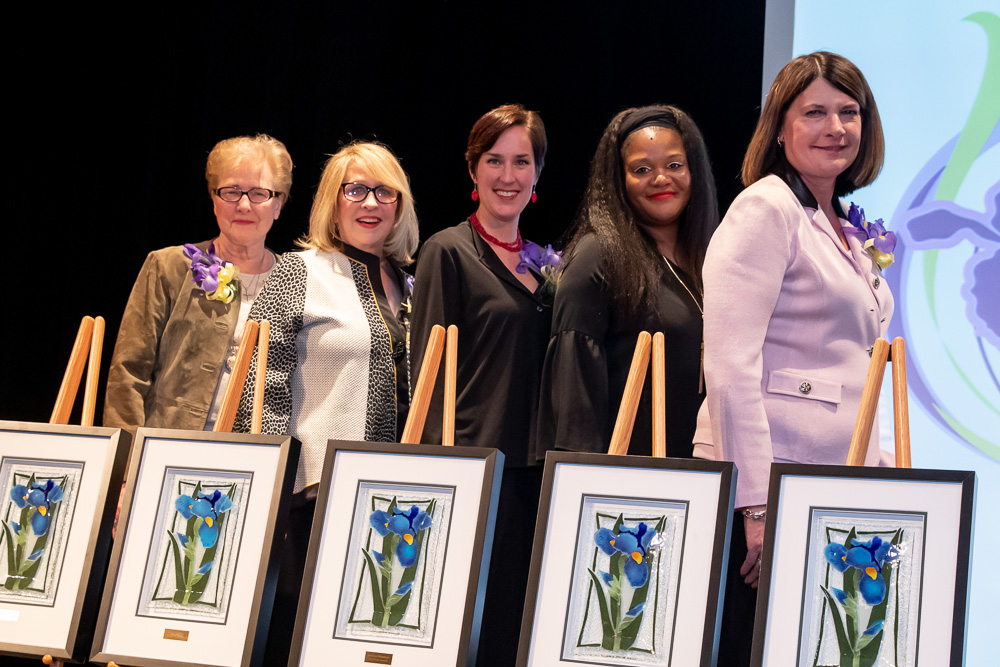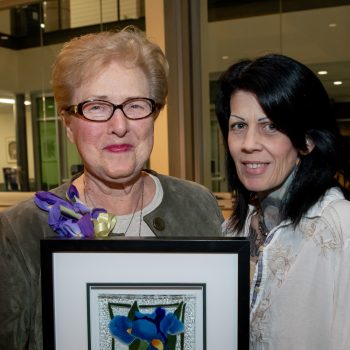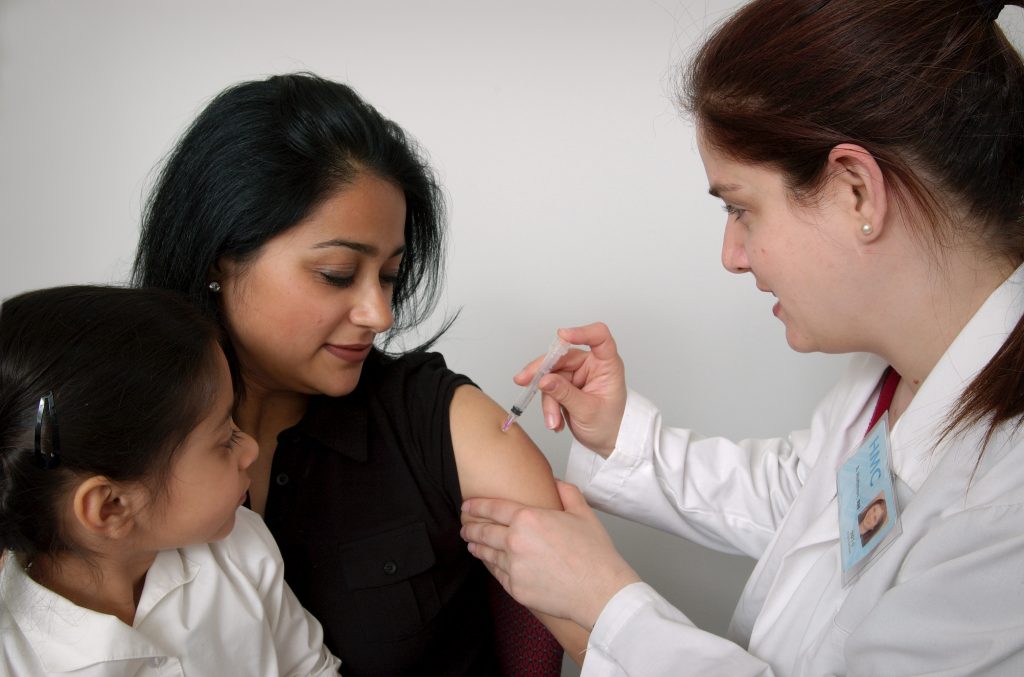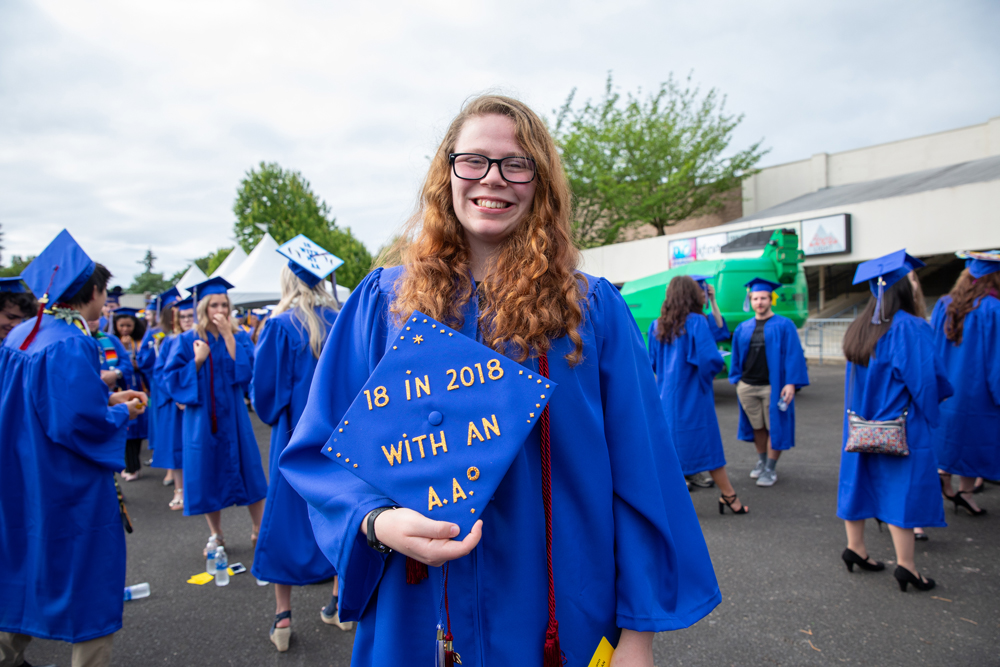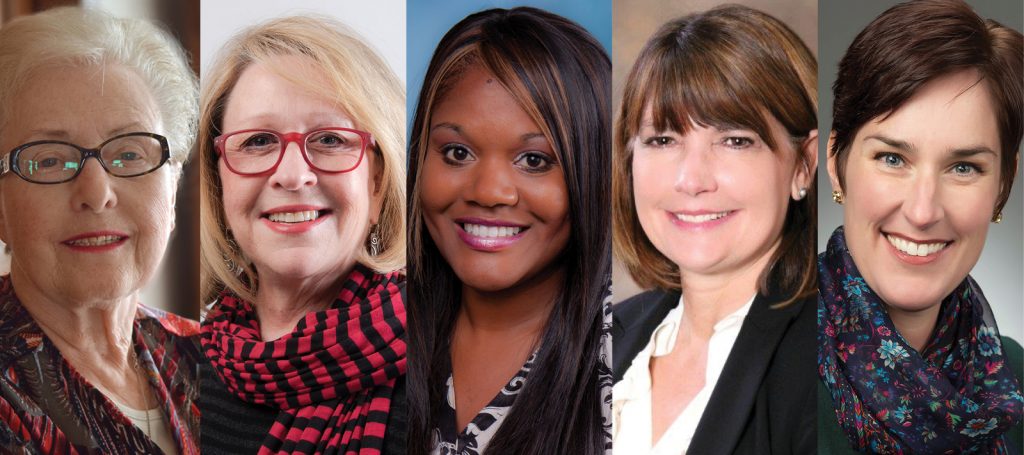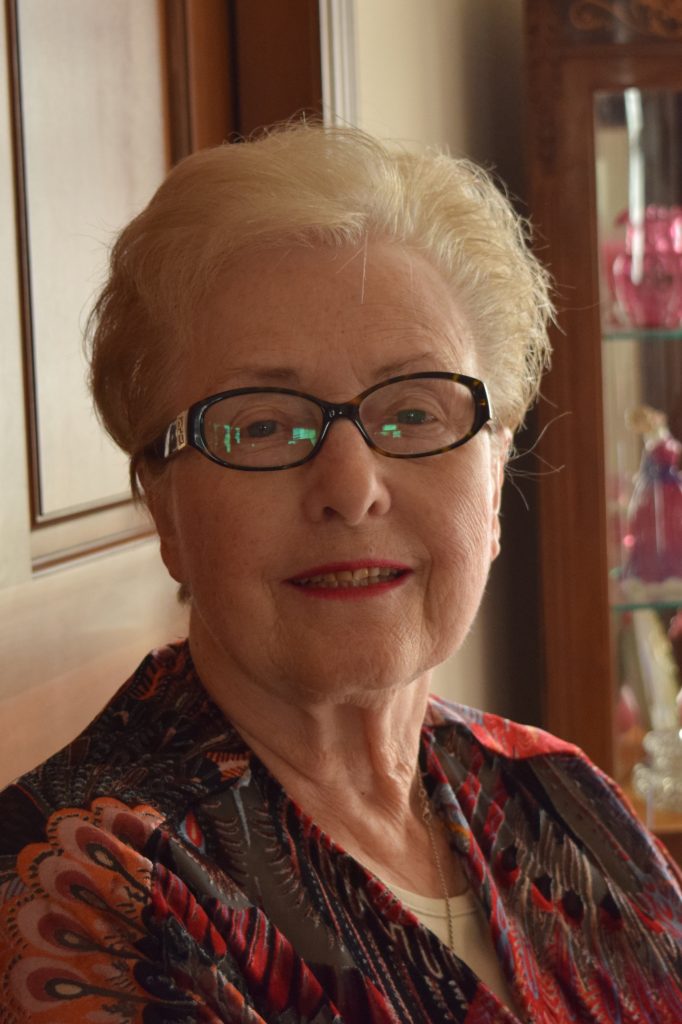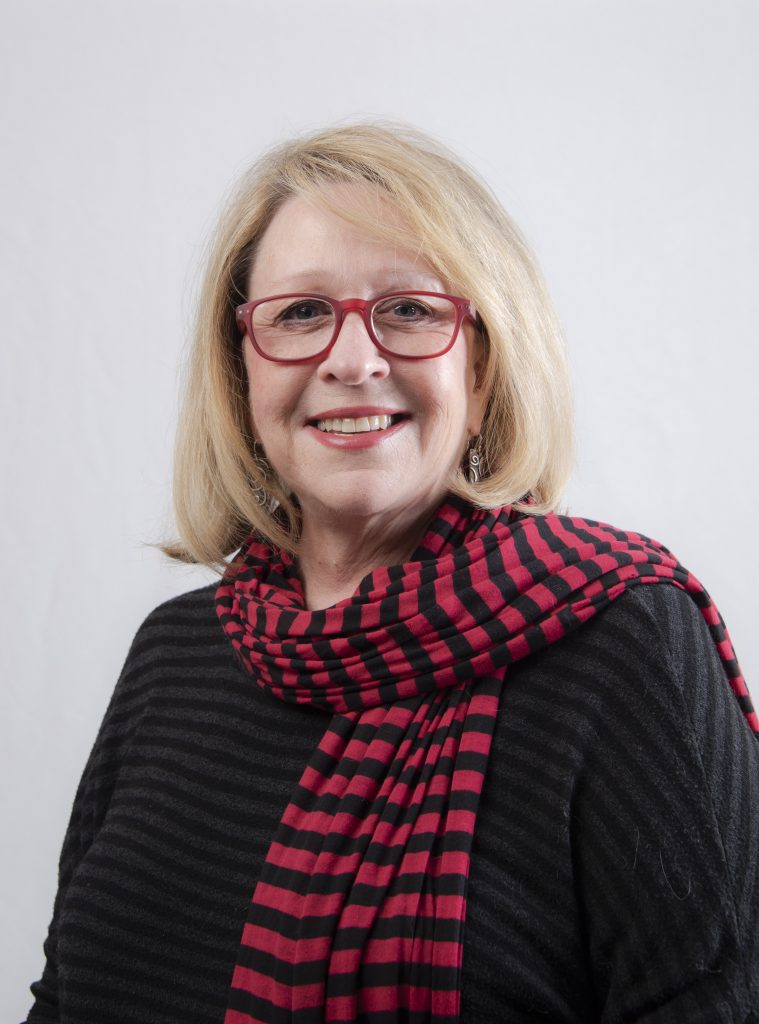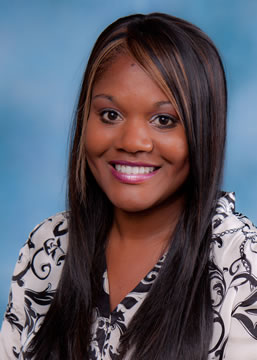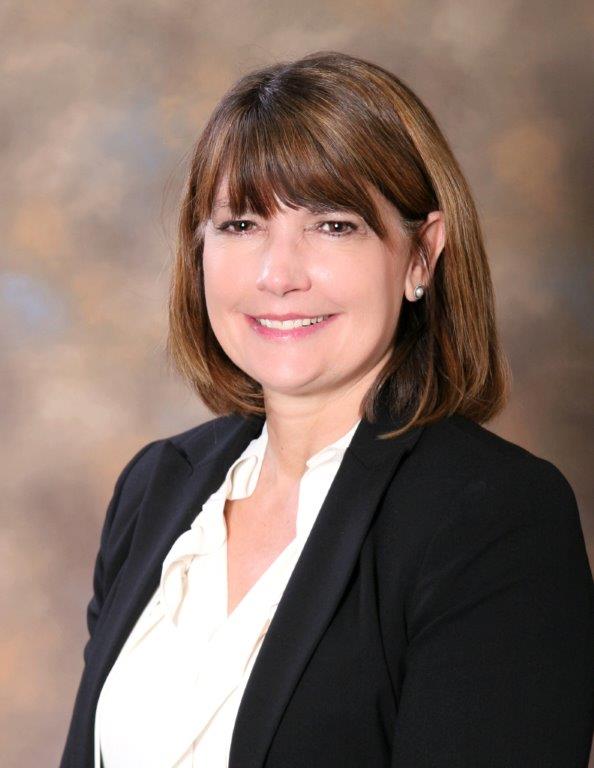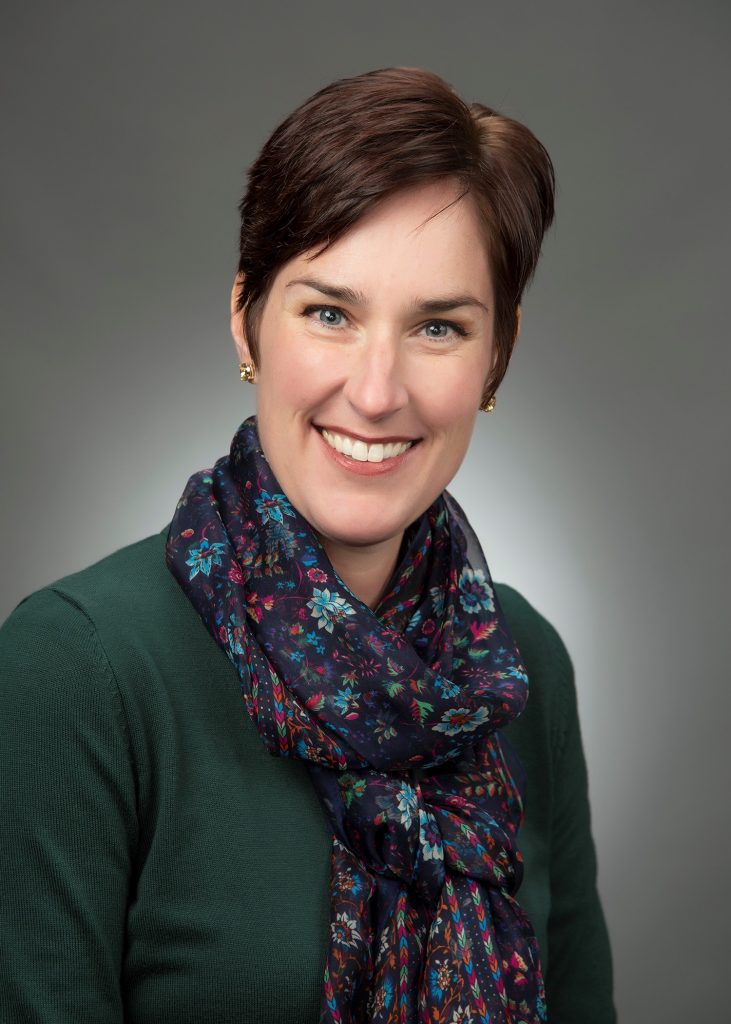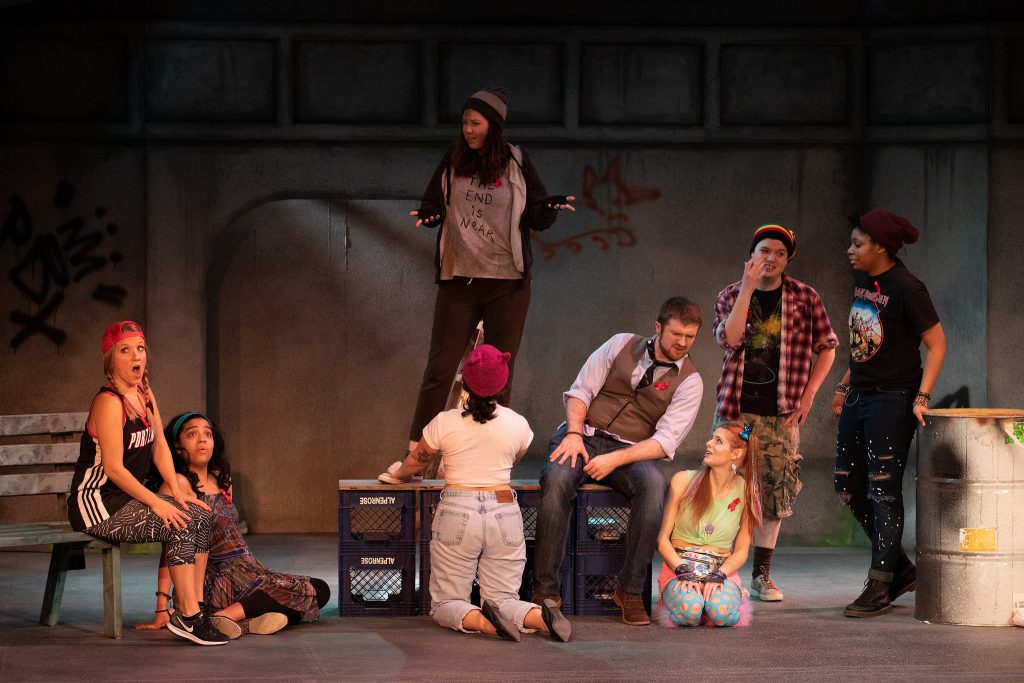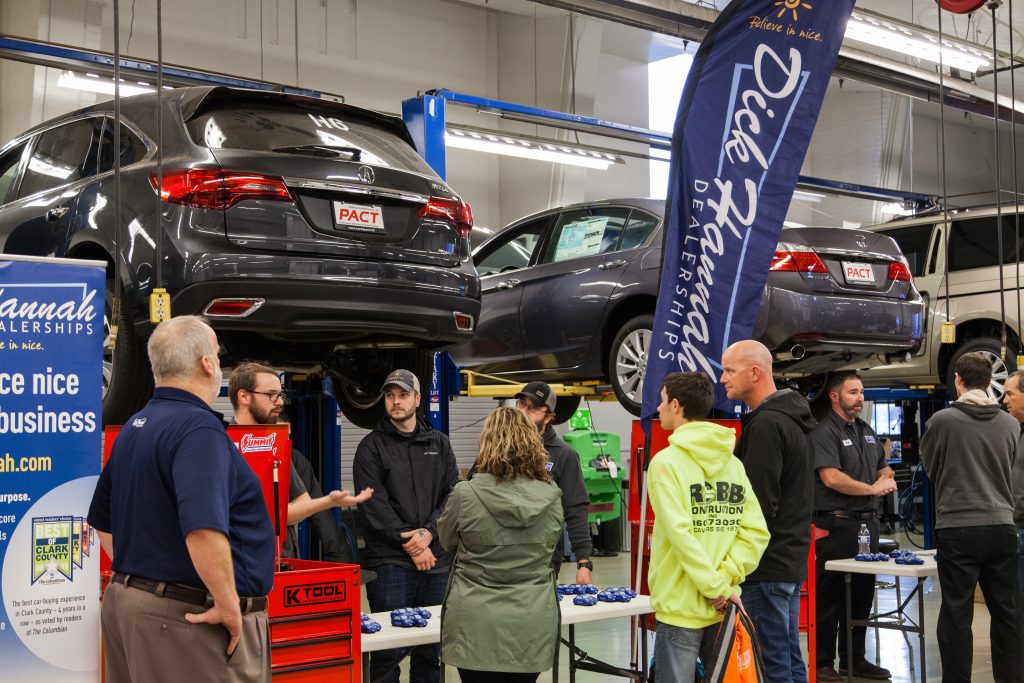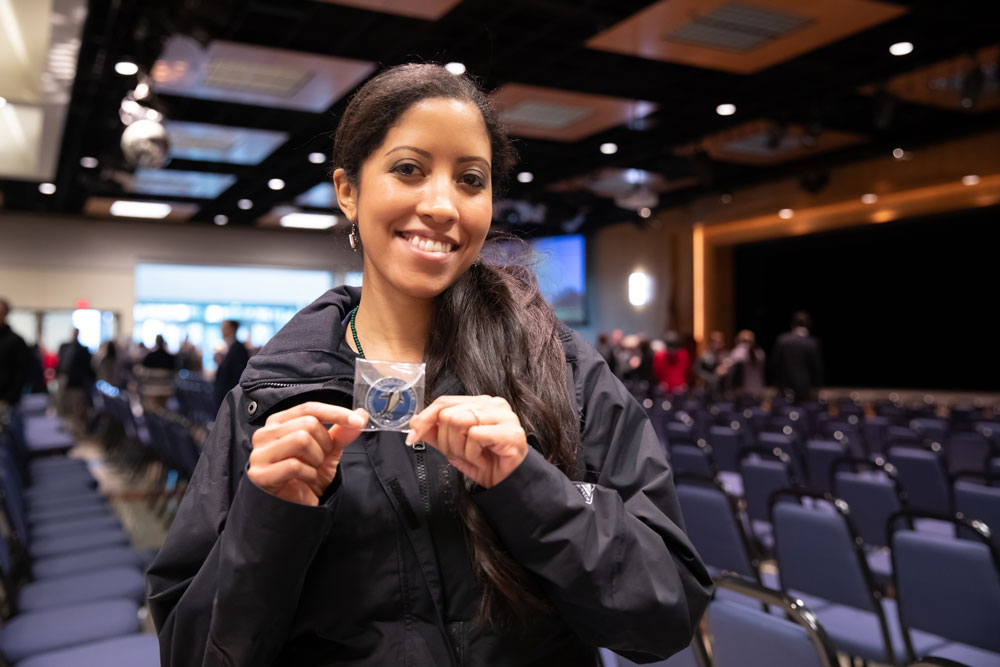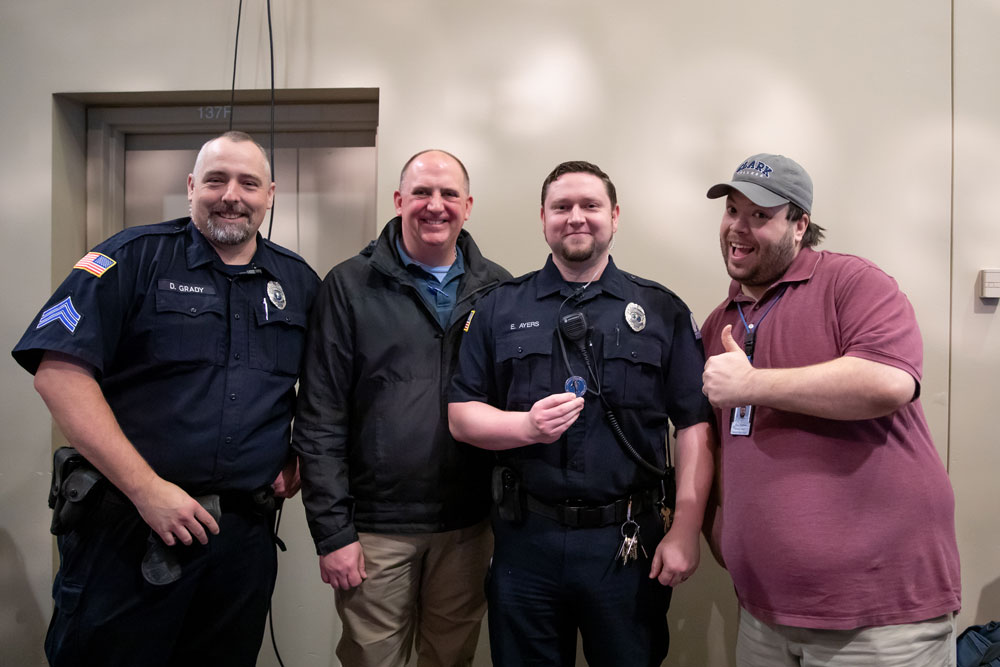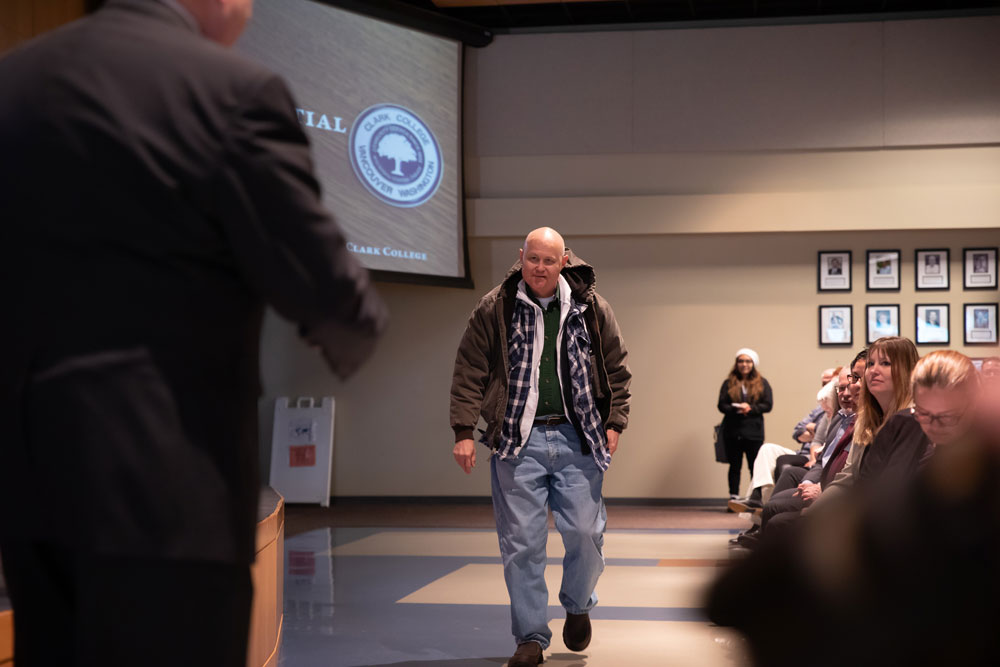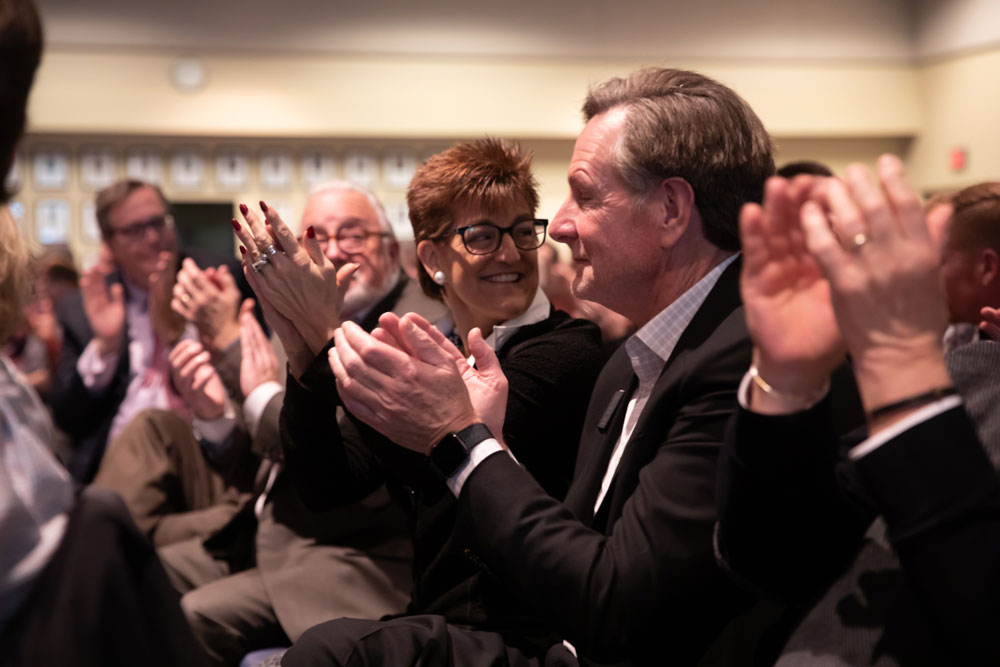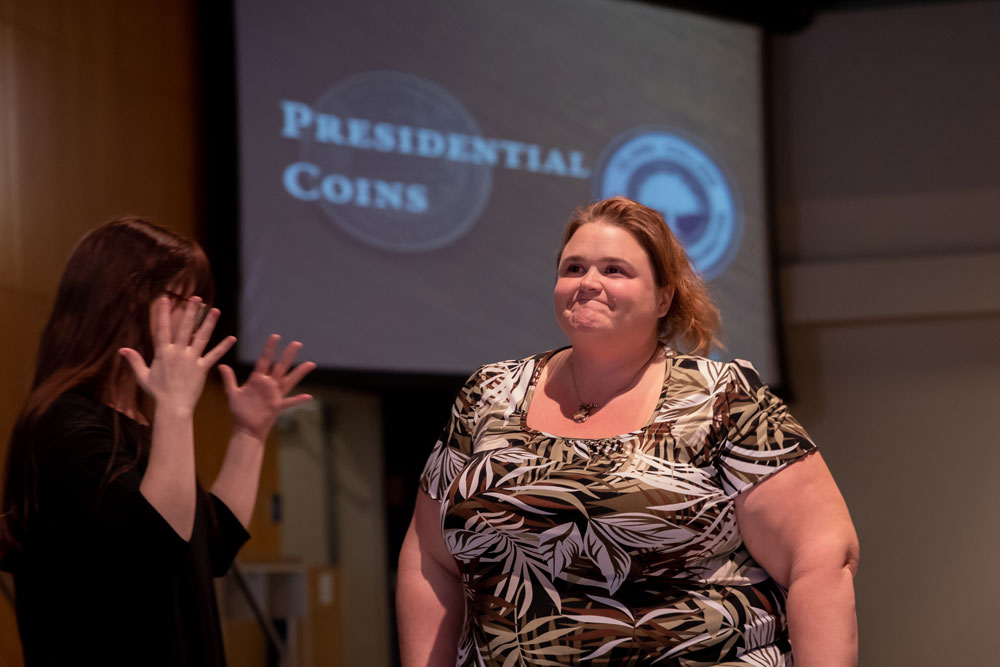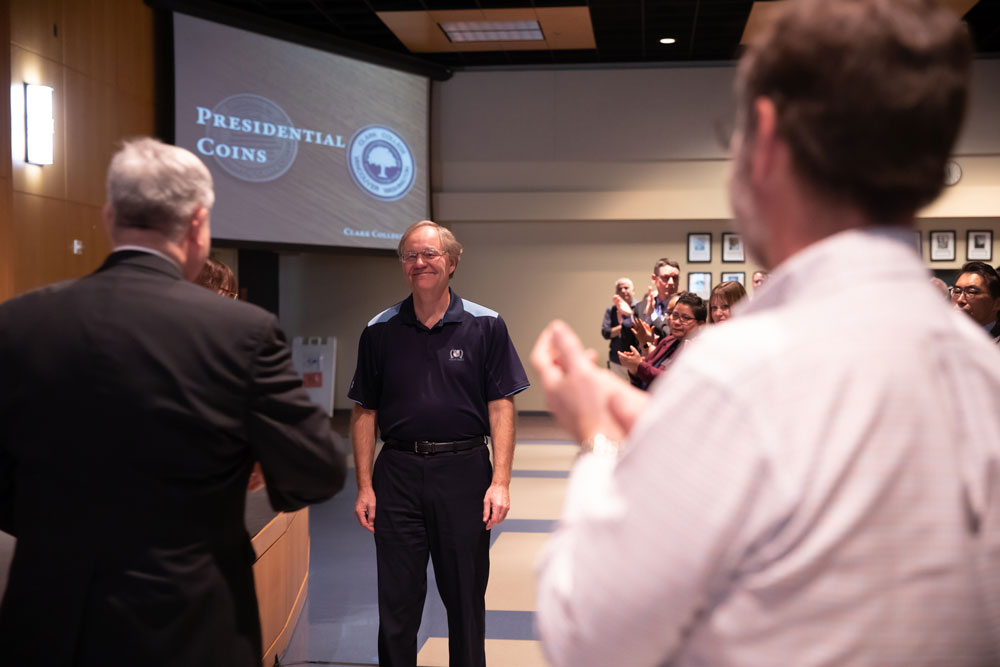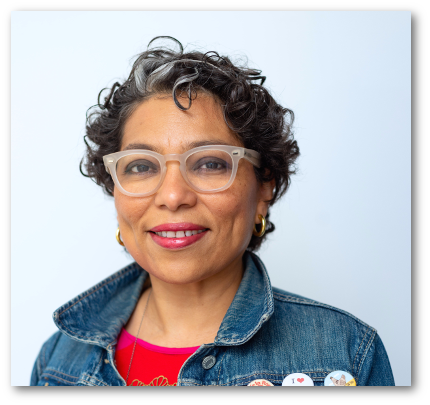Welcome, professors!
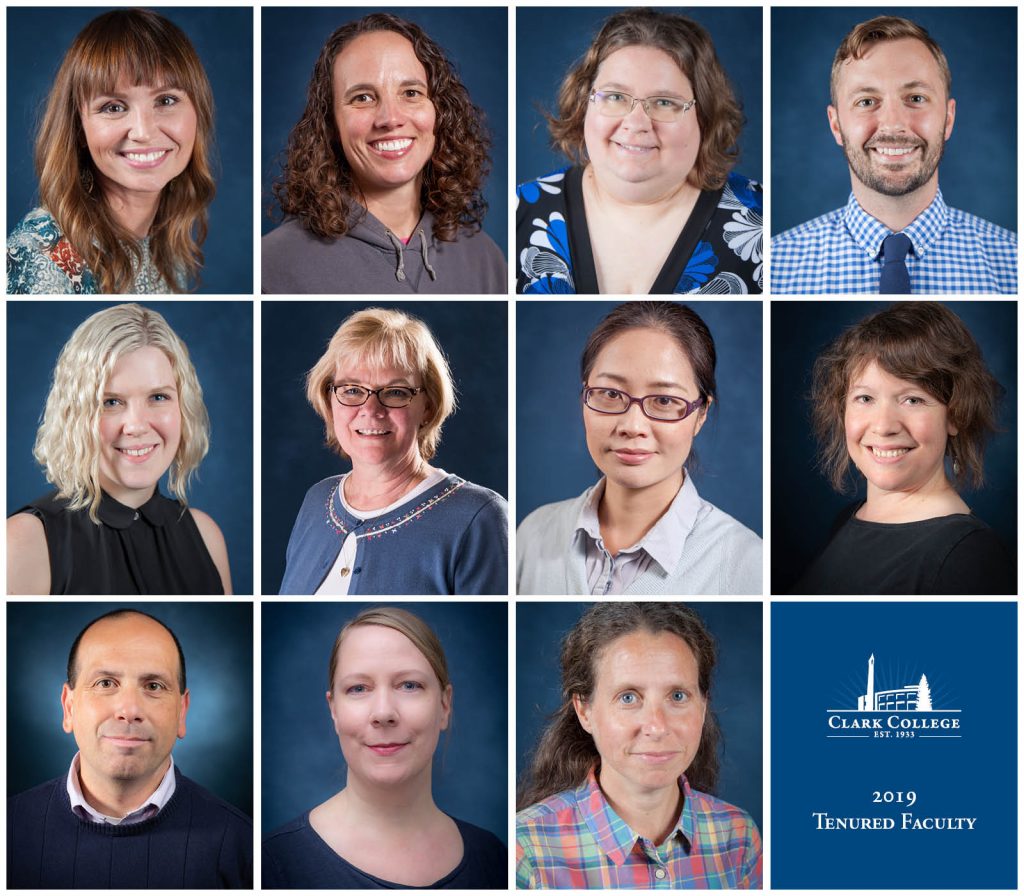
Twelve outstanding educators are the newest members of the
tenured faculty at Clark College. Dr. Amy Castellano (phlebotomy), Dr. Cara
Cocchiarella (physical health and education), Dr. Catherine “CeCe” Crosby (biology),
Dr. Jacob Funk (music), Hannah Jackson (mathematics), Julie Lemmond (business),
Dr. Xiunu “Sophie” Lin (physics), Meredith Lynch (Transitional Studies
English), Dr. Sam May-Varas (Transitional Studies English and mathematics),
Donivee Randall-Jones (nursing), Michelle Roth (English as a Second Language),
and Dr. Michelle Stoklosa (geology) were all granted tenure during the Clark
College Board of Trustees meeting on March 13. They will be honored at a
college reception on April 22.
Tenure is awarded by the college’s Board of Trustees based on
professional excellence and outstanding abilities in their disciplines. The
granting of tenure is based on the recommendations of tenure review committees
to the vice president of instruction, which are then forwarded to the
president, who presents a final recommendation to the Board of Trustees.
Recommendations are based on self-evaluations, tenure review committee
evaluations, student evaluations, supervisory evaluations, and peer
evaluations. The final decision to award or withhold tenure rests with the
Board of Trustees.
About the faculty members
Dr. Amy Castellano
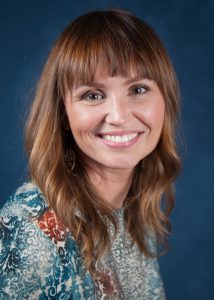
Dr. Amy Castellano holds a Bachelor of Science in physiological sciences from the University of Arizona and a doctorate in naturopathic medicine from the National University of Natural Medicine. In additional to her teaching and research work at both her alma maters, she has previous work experience at Tucson Medical Center, Banner Medical Center, Oregon Health and Science University Hospital, and as a naturopathic physician at multiple clinics.
At Clark College, Dr. Castellano serves as department head of
the phlebotomy program, and is a member of the program’s Advisory Committee,
the Healthy Penguin Walkabout Committee, and a task force to define the
college’s core healthcare curriculum.
“My teaching philosophy hinges on the belief that the
learning environment provides the foundation for growth, has the ability to
empower or demotivate students, and that a culture of positivity, respect, and
community should be created,” she said. “My goal is to cultivate a supportive
space for students to grow, allow their individual strengths to emerge, and
show a genuine interest in their success.”
Dr. Cara Cocchiarella
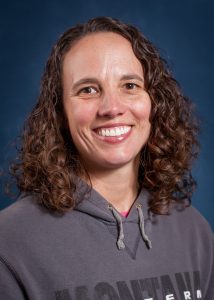
Dr. Cara Cocchiarella earned her Bachelor of Arts degree in Spanish and health and human performance; her Master of Science in health and human performance; and her Doctorate of Education in educational leadership from the University of Montana. She has coaching and teaching experience in a wide range of educational institutions, including Lincoln High School, Peninsula Elementary, University of Montana, Gonzaga University, and University of Montana Western.
Dr. Cocchiarella has taught health and physical education at
Clark College since 2016. She currently serves as the lead instructor for the
college’s Fitness-Wellness course and is also a member of the college’s Queer
Employee Resource Group.
“As a teacher, I employ numerous active-learning modalities and
strive to make all lessons applicable to the lives of my students,” she said.
“The supportive community that we build in each of my classes is essential in
terms of maximizing engagement and individual growth of all students.”
Dr. Catherine “CeCe” Crosby
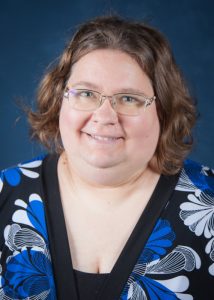
Dr. CeCe Crosby earned her bachelor’s degree in cellular and
molecular biology from Western Washington University and her master’s and
doctorate degrees in soil science from Washington State University. She has
previous teaching and research experience at Washington State University, Green
River College, and Tacoma Community College. She joined the faculty at Clark
College in 2016.
At Clark, Dr. Crosby serves as faculty liaison for the
college’s MESA program, which encourages underrepresented groups to participate
in STEM. She also serves on a pillar group for the college’s work to adopt the
Guided Pathways model of higher education and volunteers at the college’s
Science Olympiad competitions.
“My goal is to invite my students to see themselves as
scientists by developing their natural curiosity about the world and giving
them the skills to explore using the scientific method,” Dr. Crosby said. “I
focus on the skill development, learning from mistakes, and the practical
applications of knowledge to solve difficulty problems.”
Dr. Jacob Funk
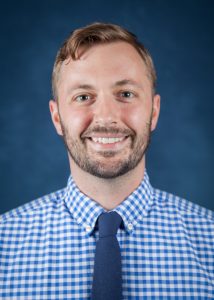
Dr. Jacob Funk holds a Bachelor of Science in vocal
performance from John Brown University, a Master of Music in choral conducting
from the University of British Columbia, and Doctor of Musical Arts in
conducting from the University of Missouri Kansas City’s Conservatory of Music
and Dance. Before coming to Clark College in 2016, he had previous teaching
experience with Northwest Arkansas Community College, John Brown University,
and Berean Academy (a private K-12 school in Elbing, Kansas).
At Clark College, Dr. Funk serves as director of the vocal
music program, including the college’s Chorale and its Women’s Choral Ensemble.
He is also a faculty advisor for the music department.
“The choir rehearsal is what inspired me to want to be a
teacher and an artist, and I want to share and give that experience to others,”
he said. “My objective is that through their choral experience, my students
will learn about all aspects of music, learn about themselves, experience the
joy of creating something beautiful and meaningful together, and be better,
more educated people because of it.”
Hannah Jackson
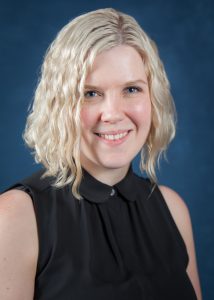
Hannah Jackson hold a Bachelor of Arts degree in mathematics
from Willamette University and a Master of Science in mathematics from Syracuse
University. She has previous teaching experience at the University of Denver,
Arapahoe Community College, University of Colorado Boulder, and Front Range
Community College.
Currently Jackson coordinates Clark College’s college algebra
course and is part of the team piloting a new sequence of introductory-level
mathematics courses. She also serves on the college’s Math Activities
Committee.
“My teaching philosophy is that you cannot force a student to
learn,” Jackson said. “You must make them want to. I achieve this through high
levels of energy, enthusiasm, and a true love of my subject matter that comes
across clearly to my students, gets them excited about the course, and makes
them want to come to class and learn.”
Julie Lemmond
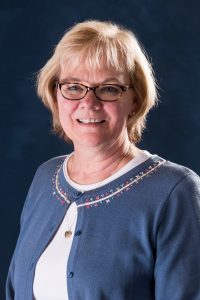
Julie Lemmond earned her Bachelor of Science degree in
business and management and her Master of Business Administration with a
concentration in finance from Marylhurst University. She began teaching at
Clark College in 2006 and has previous teaching experience at Marylhurst
University and Oregon State University.
At Clark, Lemmond serves as lead instructor for the college’s
accounting and finance courses; a Quality Matters reviewer; an accounting
tutor; and a faculty advisor in the college’s business program. Additionally,
she has led the accounting faculty through the process of adopting and
maintaining accounting resources and provides accounting resources to tutors to
help them support students.
“My objective is to help students become competitive in the
business world by developing logical and ethical business minds,” Lemmond said.
“I believe that anyone who wants to attend college should be able to attend
college.”
Dr. Xiunu “Sophie” Lin
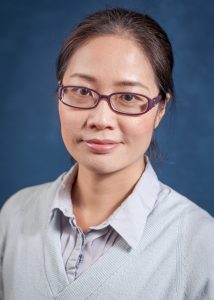
Dr. Sophie Lin holds bachelor’s and master’s degrees in
physics from Xiamen University in China and the University of Kentucky,
respectively. Prior to coming to Clark College in 2016, she taught at Eastern Kentucky
University and at Pacific University in Forest Grove, Oregon.
At Clark, Dr. Lin serves on the college’s BUILD EXITO work
group, which provides research opportunities in STEM fields for Clark students.
She has also volunteered when the college has hosted a regional Science
Olympiad.
“As a science instructor, I believe in setting high and
specific goals for students at the beginning of a course and motivating them to
learn,” Dr. Lin said. “To engage students in active learning, I adopt various
kinds of research-based teaching approaches, including ‘peer instruction,’
in-class exercises, experiment demonstration, and backward course instruction.”
Meredith Lynch
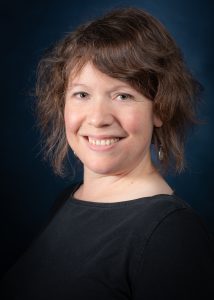
Meredith Lynch earned her Associate of Applied Science degree
from Tacoma Community College and both her bachelor’s and master’s degree from
the University of Washington Tacoma. She served on the faculty of Pierce
College in Puyallup, Washington, for more than 10 years before coming to Clark
College in 2016.
At Clark, Lynch serves as vice-chair of the Environmental
Integrity Council and as Transitional Studies liaison to the English
Department. She also serves on the team responsible for redesigning the
college’s composition courses and co-requisites.
“I meet my students where they are and use collaborative,
student-centered, active-learning strategies to help them achieve their
educational goals,” Lynch said.
Dr. Sam May-Varas
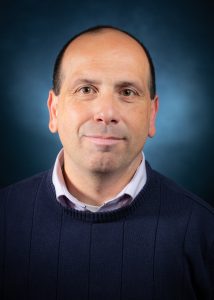
Dr. Sam May-Varas earned his bachelor’s degree in economics
from the University of South Florida, his master’s in education from City
University, and his doctorate in educational leadership from Lewis & Clark
College in Portland, Oregon. He also holds a K-12 Administrator License through
the University of Oregon. May-Varas has 15 years of work experience in the K-12
system, both as a teacher and an administrator. He also has teaching experience
at Portland Community College and has taught at Clark College for four years.
Since coming to Clark, May-Varas has been active in numerous Transitional
Studies committees and works groups on topics that include academic standars,
identifying barriers to enrollment and student success, and recruitment. Additionally,
he serves on the Pillar 3 Work Group for the college’s work toward adopting the
Guided Pathways model of higher education and has helped develop curriculum for
the college’s High School 21-Plus and Welding I-BEST programs.
“In my position as
an educator, I believe in empowering students to engage actively in the
learning process,” he said. “This engagement offers individual students the
motivation to continue in education and ultimately reach their educational and
career goals.”
Donivee Randall-Jones
Donivee Randall-Jones earned her Bachelor of Science degree
in nursing from York College in Pennsylvania and her Master of Science in nursing
education from Walden University. She is in the process of completing her
doctorate in nursing practice and educational leadership from Walden.
A certified emergency nurse, Randall-Jones also holds
certificates in advanced cardiac life support, pediatric advanced life support,
and trauma nurse core courses. A U.S. Marine Corps veteran, she has many years
of experience working in the emergency departments in Californian hospitals as
well as at PeaceHealth Southwest Medical Center in Vancouver. Before coming to
Clark College in 2016, she taught at Mt. San Jacinto Community College in
Menafee, California.
At Clark, Randall-Jones serves on her department’s
accreditation, curriculum, and sub-curriculum committees. She also has served
as a mentor to incoming teaching staff in her department.
“Nursing is a very broad profession in terms of knowledge
base and skill set,” Randall-Jones said. “There are many shades of gray when
the human body is involved, and my teaching approach fosters clinical reasoning
and judgment to help students make evidence-based decisions while in those gray
areas.”
Michelle Roth
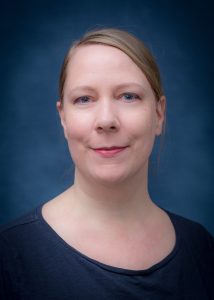
Michelle Roth holds a Bachelor of Arts degree in anthropology
from Reed College in Portland, Oregon, and a Master of Arts in teaching English
to speakers of other languages from the University of Washington. She has
previous teaching experience at University of Washington, Portland Community College,
and Mount Hood Community College.
Since coming to Clark College as an adjunct instructor in
2000, Roth has been part of the college’s Transitional Studies department,
teaching in both its English as a Second Language and its Career and Academic
Preparation programs. She helped develop the curriculum for international
students in the college’s Intensive English Language Program, where she served
as department head. Currently, she serves as curriculum development lead for
three Transitional Studies courses and as a member of the Transitional Studies
Academic Standards Committee. Additionally, she is currently president of the
Washington Association for the Education of Speakers of Other Languages
(WAESOL), where she has served as a board member since 2015.
“Learning an additional language as an adult is an inherently
vulnerable act,” said Roth. “Therefore, my first task is to ensure that the
classroom is a place that supports my students’ bravery. Through real,
relevant, communicative activities, students gain the confidence and language
skills to achieve their career and academic goals.”
Dr. Michelle Stoklosa
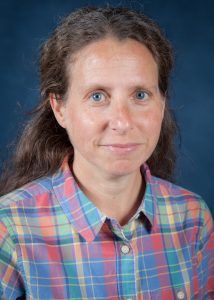
Dr. Michelle Stoklosa earned her bachelor’s degree in biology
from Franklin and Marshall College in Pennsylvania and both her master’s and
doctoral degrees in geology from the University of Wisconsin Madison. She has
previous teaching experience at Boise State University, Portland State
University, Marylhurst University, and Clackamas Community College. She
currently teaches in Clark College’s earth and environmental science
department.
At Clark, Stoklosa assisted in the development of the Natural
Sciences Course Alignment Rubric for the Associate of Arts degree, represented
adjunct faculty on College Council, and co-led a workshop at Faculty Focus on
Learning. She currently serves as a faculty advisor for the geology program.
“My goals for students are similar to those I have for myself
as a scientist: that we directly interact with the Earth, develop critical
thinking skills, and ultimately appreciate the Earth and the field of geology,”
she said.
About Clark College
Located in Vancouver’s Central Park and serving up to 12,000 students per quarter, Clark College is Southwest Washington’s largest public institution of higher education. The college currently offers classes at two satellite locations: one on the Washington State University Vancouver campus and one in the Columbia Tech Center in East Vancouver. Additionally, its Economic & Community Development program is housed in the Columbia Bank building in downtown Vancouver.
Photos: Clark College/Jenny Shadley. No photo available for Donivee Randall-Jones.
